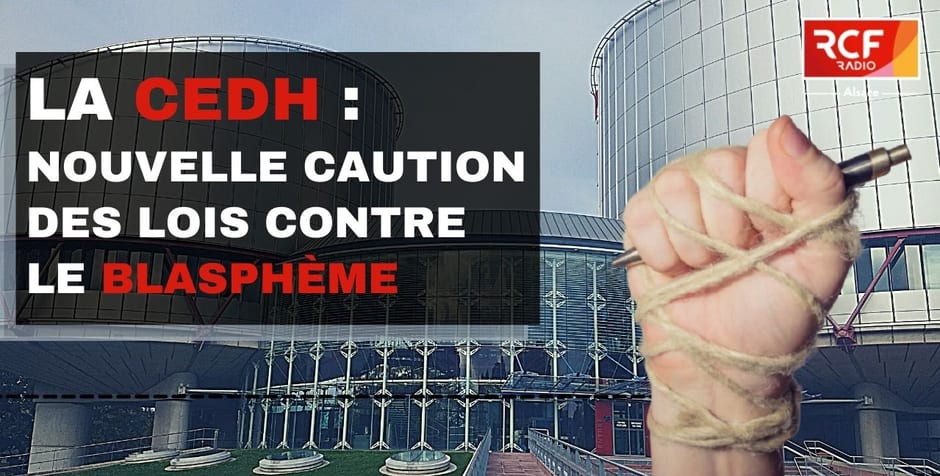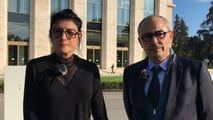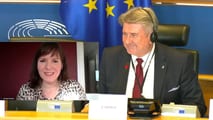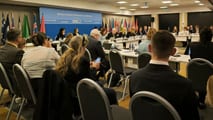
On April 21, 2021, an expert in Islam journalist, Said Djabelkhir, was sentenced to three years in prison and a 50,000 Algerian Dinars fine for several posts on Facebook. He disputed the historical veracity of certain events cited in the Koran, pointed out the pagan heritage of the pilgrimage, which is a pillar of Islam, and mocked the Sunna and the prophet. Following a single complaint, he was prosecuted on the basis of Article 144 bis 2 of the Algerian Penal Code which states that:
Is punishable by imprisonment of three to five years and a fine of 50,000 DA to 100,000 DA, or one of these two penalties only, whoever offends the Prophet (Peace be upon him) and the envoys of God or denigrates the dogma or the precepts of Islam, whether by way of writing, drawing, statement or any other means.
This condemnation has provoked the emotion of many associations and two special rapporteurs of the United Nations. The Special Rapporteur on Freedom of Expression and the Special Rapporteur on Freedom of Religion or Belief wrote to the Permanent Mission of Algeria to the United Nations in Geneva to express their disapproval of such a condemnation and to ask for explanations from the Algerian Government.
In its reply on September 22, 2021, the Algerian mission fully endorsed the condemnation and, even more worrying, relied on the European Court of Human Rights to justify the repression of any criticism against Islam in Algeria.
Indeed, the European Court of Human Rights did issue a dramatic judgment on October 25, 2018 in the case of E.S. v. Austria. The Court upheld the conviction of a female speaker who had made highly critical remarks against Islam, considering that her freedom of expression had to be restricted to preserve the religious feelings of Muslims and religious peace in Austria. Such a decision was in total contradiction with the liberal case-law of the Court in this matter. Another very serious element in this case was that the Austrian courts had criticized the applicant for not being objective and for having "suggested that Muhammad was not a worthy subject of worship." The Court agreed with this analysis and confirmed that, as a matter of principle, one could be accused of denigrating the Muslim religion. A decision very far from the "je suis Charlie (Hebdo) Spirit"...
The ECLJ had filed written observations in this case, criticizing the Court's decision and publicly pleading for its referral to the Grand Chamber. Disappointingly, the ECHR rejected this referral, preventing this solemn body from authoritatively correcting this serious infringement on freedom of expression.
Following this ruling, the ECLJ expressed concern in the press about this precedent and criticized the wrong signal the European Court was sending to Muslim countries.
We therefore see today without surprise Algeria happily relying on the decision of the ECHR to justify its condemnation of a man criticizing Islam, to preserve the religious peace of the country. The Algerian Mission skilfully relied on this ECHR ruling by claiming to respect "the most advanced jurisprudence in the field of human rights." It will be very difficult for the Special Rapporteurs to respond to the Algerian Government because, in international law, a decision of the ECHR is more important than a statement by a UN expert.
This response is proof of the seriousness of the ECHR decision in E.S. v. Austria and proof of the accuracy of the ECLJ's analysis. It is to befeared that other Muslim countries will now respond in the same way to criticism of their blasphemy laws. The ECLJ will continue to do its utmost to ensure that the ECHR returns to its liberal jurisprudence on freedom of expression.













